FAQs about Coal
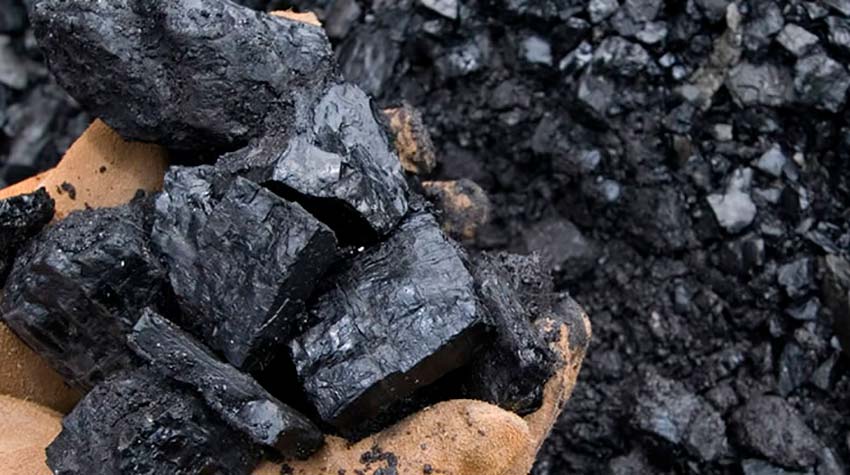
4. How does carbon affect the environment?
Coal is a fossil fuel with a high CO2 content. When burned, its gases contribute to increase the natural greenhouse effect of the planet. As a result, global warming and climate change occurs on Earth.
The use of coal also causes serious local damage to the environment. Coal mining produces significant environmental impacts on soil, water and air. In the combustion process of coal, substances are released into the air that cause environmental pollution, smog and acid rain, with harmful effects on health. According to the World Health Organization (WHO), pollution generated by the solid fuels uses, such as coal in homes, causes 5% of deaths, causes 5% of deaths and diseases in 21 countries of the world, most of them in Africa.
Other causes resulting from the exploitation of coal mines are the destruction of habitats and ecosystems of the species surrounding the mines, as well as the visual impact of the area. To extract the coal that is in depths below some mountains, its surface must be detonated. According to BBC Mundo “An area equivalent to the size of the state of Delaware has been flattened by this procedure, according to a study. The first time it was put into practice was in the 1970s.”
FAQs about Coal
1. What is coal?
2. What are the main uses of coal?
3. What are the differences between charcoal, coal and coke?
4. How does carbon affect the environment?
5. Which countries are the ten largest producers of coal?
6. Which countries are the ten largest consumers of coal?
7. How does coal affect climate change?
8. Is there a plan to stop using coal?
9. Which countries are closing their coal mines and why?
10. What is cast iron or pig iron, and what is its relationship with steel and coal?
Comming soon – Others sections of Coal
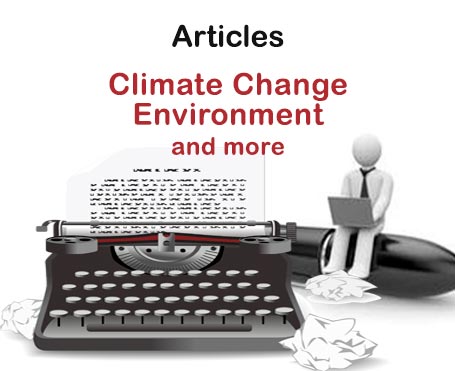
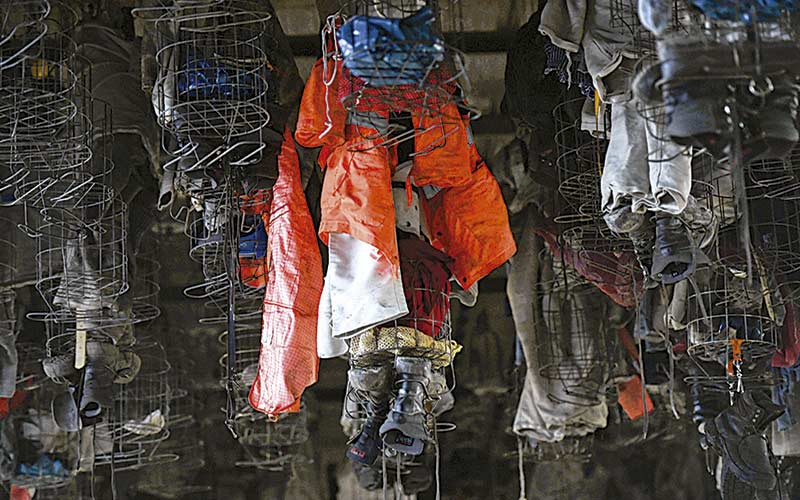

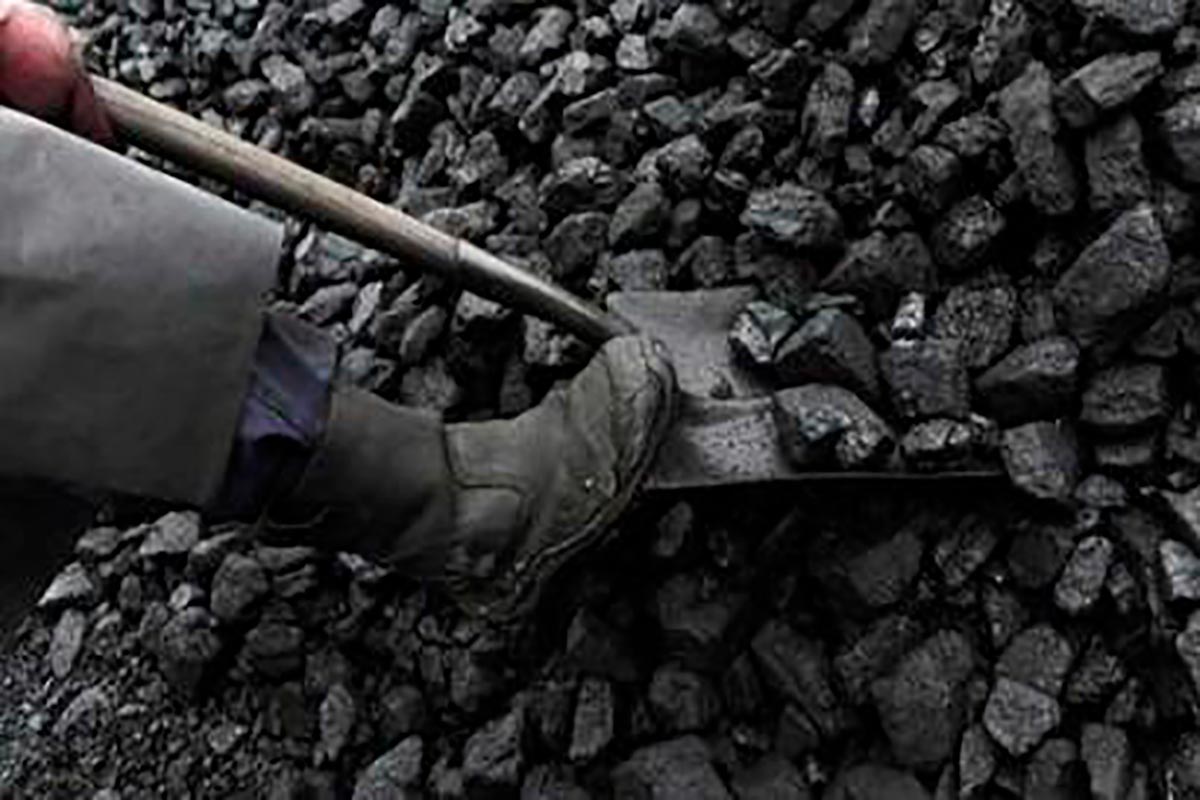
Video Gallery
Infographics
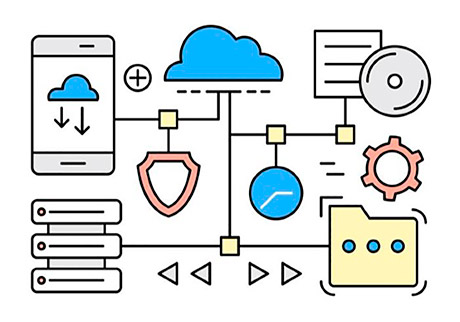
Photo Gallery

